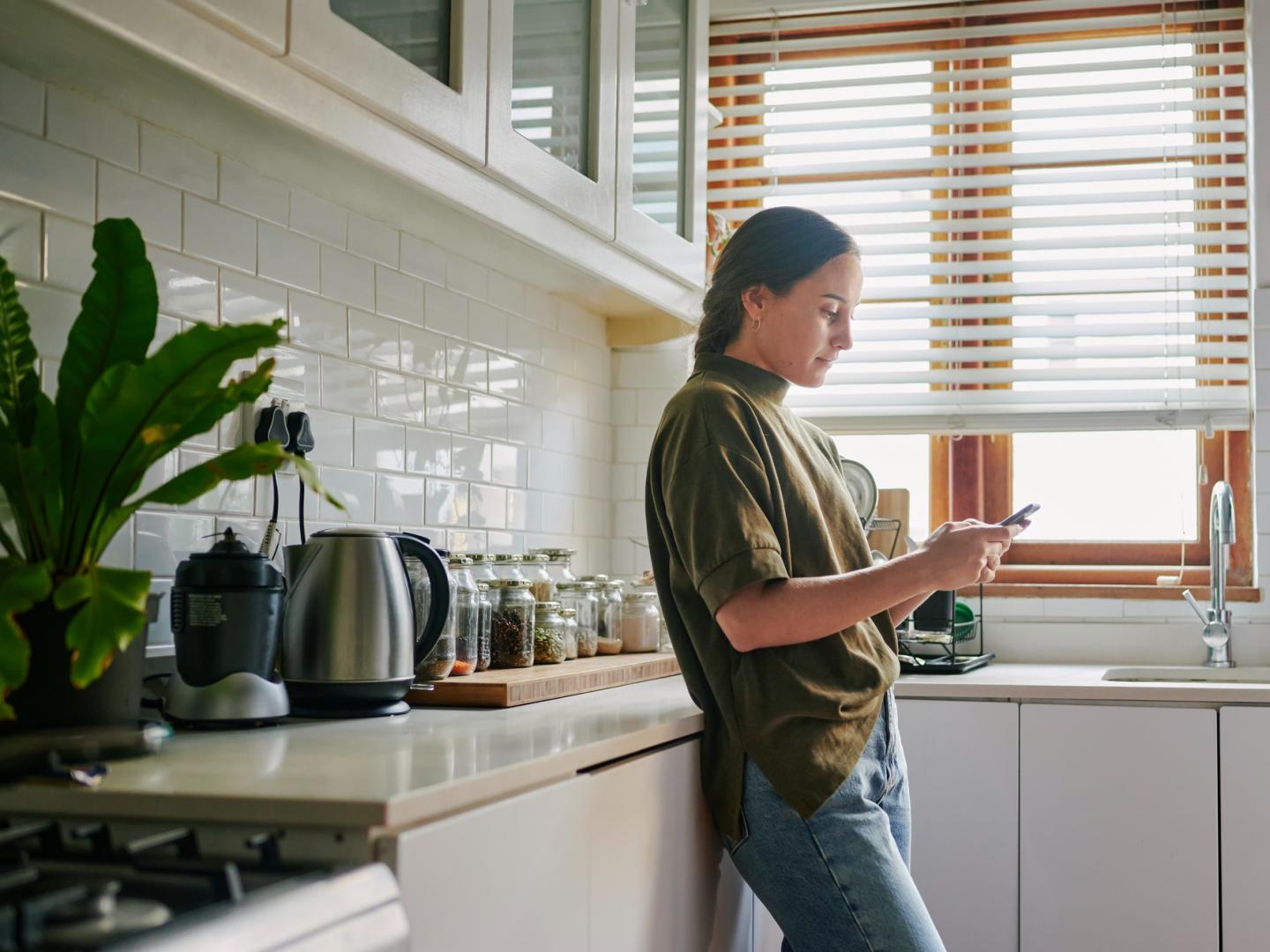
Online safety
Why do we keep playing when we feel unsafe? A teen's perspective
Explore a teen's perspective on online grooming in games and what parents can do to support.
Read article
Nimmi Kanji
Director - Social Purpose Programs, For Good and TELUS Wise

Online connection and communication are primarily how we interact these days, especially for young adults. Digital natives (the generation that has grown up with the Internet) rely on digital communication to stay connected socially, meet others with similar interests and sometimes, relieve the social anxiety often associated with interacting in the real world.
How can young adults have fulfilling online interactions, friendships and even dating experiences while staying safe and protecting their privacy?
It’s important for digital natives to understand the general foundations for healthy relationships, so they can accurately assess whether the relationships they are building online are healthy or not.
When communicating online and starting any type of relationship, it’s critical to identify what’s important to us, what we value and how we want/deserve to be treated. We also need to look at the context of the relationship (is it someone we only play online games with, someone in a community of shared interest, a friend or someone we’re interested in romantically?) to determine the parameters of the relationship and how we want to interact with that person.
According to PREVNet, a TELUS Wise founding partner, the seven characteristics of a healthy relationship are:
Online relationships are unique in the fact that often, people in the relationship don’t ever meet face to face. Their entire relationship exists in the digital realm. This reality is amazing on certain levels -- thanks to our digital world, we can now connect with people that we may not have a chance to meet in our everyday lives. But it also poses certain risks and brings up complexities that we all need to be aware of.
Most importantly, we need to trust our gut – if something feels off, it most likely is. Then, it’s critical to understand what type of behaviours are unacceptable in online relationships and what we can do to protect ourselves from malicious, emotionally unsafe, potentially abusive or dangerous situations.
MediaSmarts, also a TELUS Wise founding partner, details two types of unhealthy relationships online – abusive and exploitative.
Abusive:
When someone hurts, insults, scares, tries to control or pressures someone to do something they don’t want to do. This type of abuse can look like:
Exploitative:
Targeting individuals that seem vulnerable and pressuring them into relationships/situations they aren’t ready for. This type of abuse can look like:
Beyond being aware of what constitutes a healthy relationship and red flags to watch out for, here are some additional tips that can contribute to positive and healthy online relationships:
While connecting with people online can open us up to new experiences, perspectives and ideas, it’s important to ensure we are taking steps to protect our privacy and safety. By following general privacy practices around what’s safe to share, insisting on healthy relationships as well as identifying and removing ourselves from unhealthy relationships, we can confidently expand our worlds, possibilities and friendship circles.

Explore a teen's perspective on online grooming in games and what parents can do to support.
Read article
Explore safety tips for parents & youth to protect against grooming in online games.
Read article